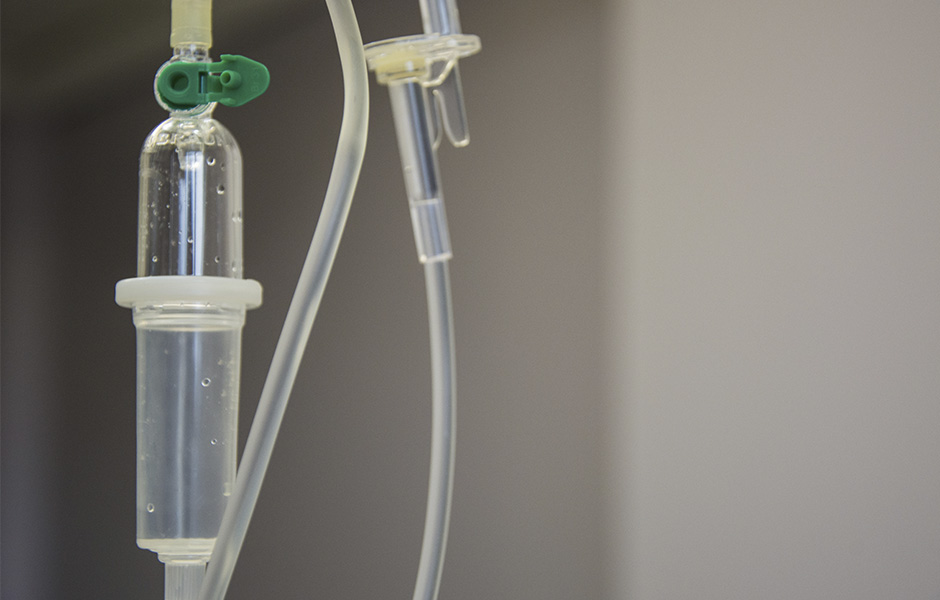The number of hospital admissions in patients with dementia increased five-fold between 2000 and 2014 in Portugal. During this period, 288 thousand persons were admitted in national public hospitals, which corresponds to about 5% of all hospitalizations among people aged 60 years and older. These are the conclusions of a study carried out at CINTESIS – Center for Health Technology and Services Research.
The study was published at the scientific journal Archives of Gerontology and Geriatrics, and it presents a retrospective analysis of hospital admissions of patients with dementia during a period of 15 years (from 2000 to 2014), using the clinical records of all public hospitals in Portuguese mainland. The data, which was provided by the Central Administration of the Health System (ACSS in Portuguese), were previously anonymized.
The results showed that the hospitalization rate of patients with dementia doubles every five years, and that respiratory infections such as pneumonia (21%) and urinary tract infections (9%) are the main causes for admitting these patients.
“The work shows that there is a high prevalence of hospitalizations of patients with dementia in our country, especially when we talk about patients 60 or older,” explains Alberto Freitas, a CINTESIS researcher and co-coordinator of this study, stressing the overload that these hospitalizations exert on the National Health System.
In fact, this study reveals that on average these patients are hospitalized for eight days and that more than 95% of the episodes of hospital admission in patients with dementia are emergency situations. However, “most of the causes of hospitalizations of people with dementia can be prevented and managed efficiently in an outpatient service,” explains neurologist João Massano, a physician at the Hospital Center of São João and co-author of this research.
Catarina Bernardes, the first author of the paper, highlights the regional disparities that this work has uncovered. “Data analysis allowed us to verify that hospital admission rates in patients with dementia are three times higher in Vila Real than in Évora and Beja, for example,” she notes, stressing the need to allocate more specialists in Psychiatry and Neurology at these regions. “In Alentejo, for example, there are twice as many psychiatry appointments per inhabitant as in the north of the country.”
Experts point out that the use of outpatient consultation services can be optimized. “These services could play a more active role in the prevention, early diagnosis and post-hospitalization management of various types of dementia. This includes primary health care, provided services are properly prepared for this purpose,” says João Massano, since in up to 94% of cases, the patients are discharged without appointing formal care.
Another of the solutions pointed out by the research team is the creation of health campaigns that promote the prevention of dementia through the control of vascular risk factors. “We have a very high prevalence of vascular dementia in Portugal, which could be reduced if promoted measures such as smoking cessation, reduction of sugar consumption (including soft drinks), reduction of alcohol consumption, reduction of saturated fat intake and the increase of daily physical exercise”.

